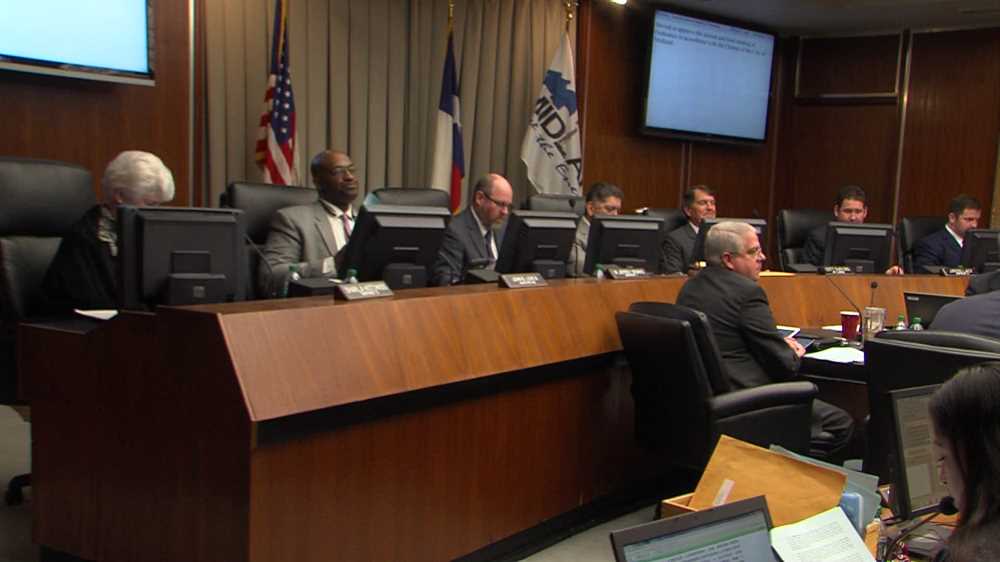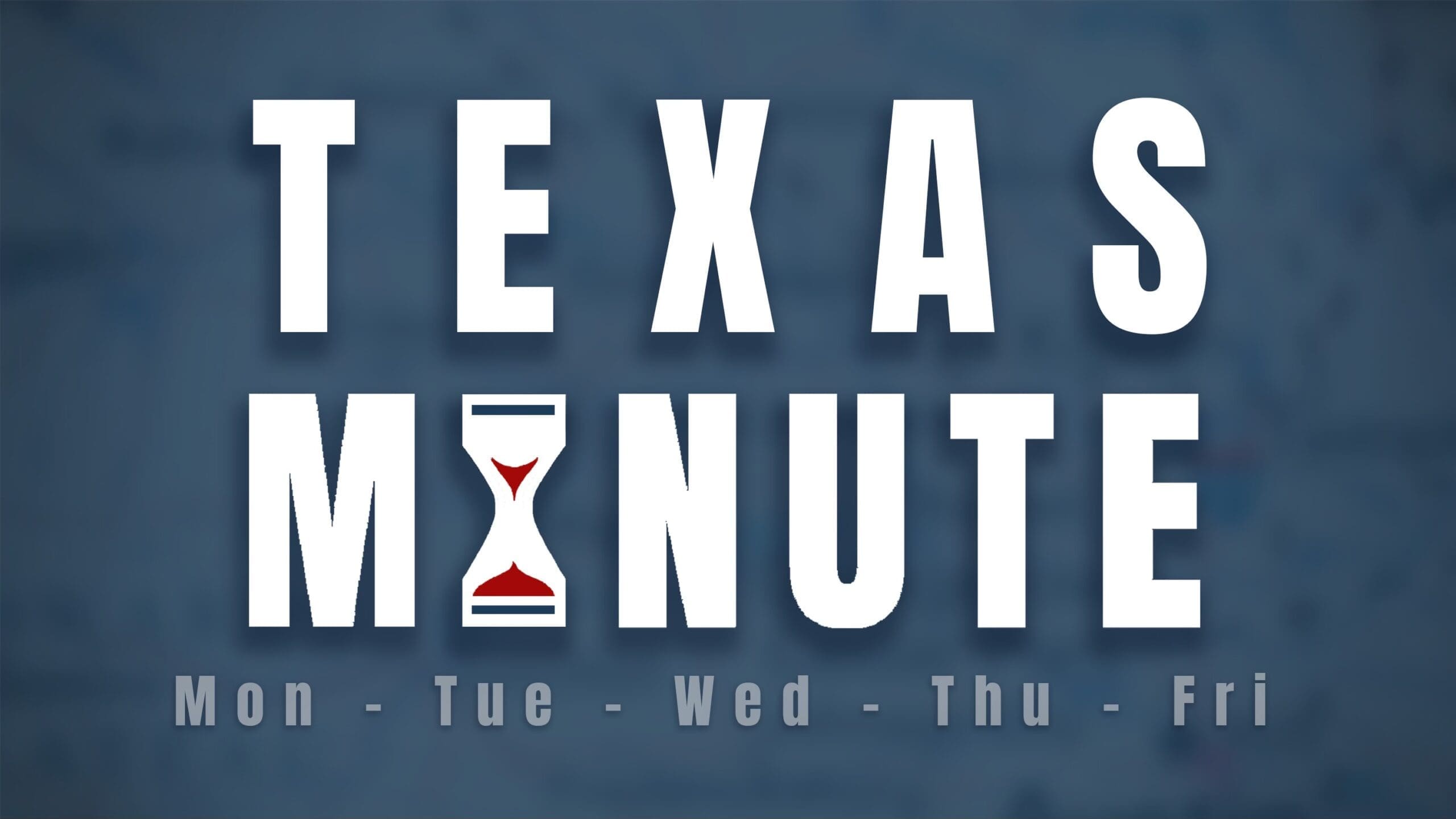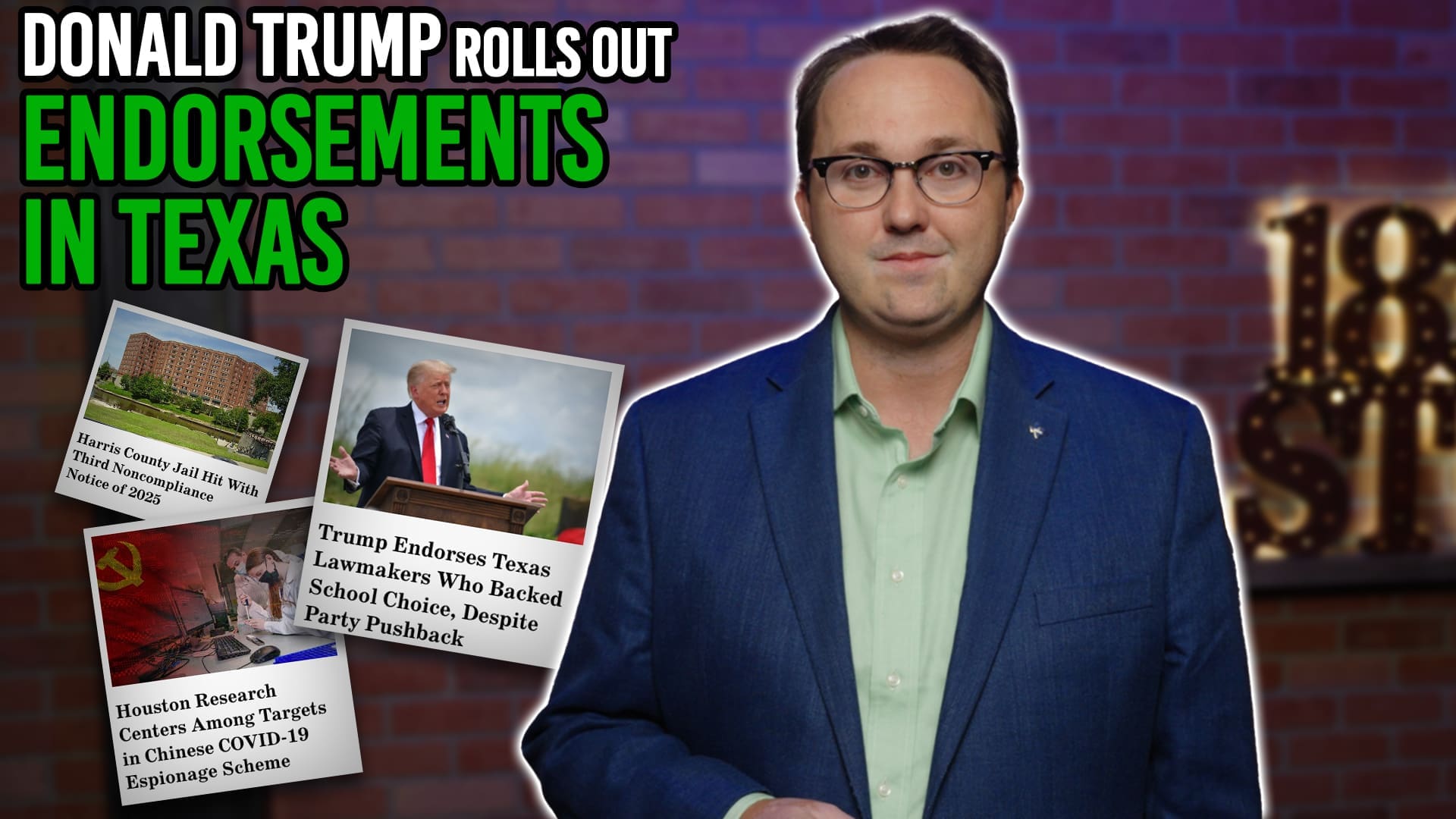After a robust debate at Tuesday’s city council meeting, a resolution, which would serve as the first step in issuing approximately $22 million in new debt (via Certificates of Obligation) for Midland, failed by a 2-5 vote. The overarching argument reiterated by council members opposing the resolution came down to two things: fiscal responsibility and transparency.
Two council members in particular, Jeff Sparks and J. Ross Lacy, strongly vocalized their opposition to the debt proposal arguing that it is fiscally irresponsible to issue debt of this size during a time when Midland residents are facing an economic downturn. In addition, Sparks and Lacy showed concern for issuing the debt without voter approval. “[We need] to give taxpayers a say in this and let them decide. Not just the seven of us up here,” Sparks said.
Sparks also discussed utilizing the city’s 4B tax to pay off a number of the proposed projects on a “pay as you go” basis, rather than accumulating new debt and interest. The 4B tax is a quarter-cent sales tax issued in 2000 by the City of Midland solely to pay off the Scharbauer Sports Complex. While the facility is scheduled to be paid off in 2023, it can be paid off in spring 2016 without an early payment penalty fee. The council has expressed interest in repurposing the 4B tax and placing it on May’s ballot. Sparks, who would like to repurpose it specifically for roads and parks with a ten year sunset clause, recommended the council wait to issue the new debt until a decision on the 4B tax is made by voters. Should it pass as a repurposed sales tax for roads and parks, at least 9 million of the 22 million in recommended projects could be paid for without having to take on additional financial liabilities.
The two council members in favor of the Tuesday’s debt proposal, John B. Love and Scott Dufford, argued that not all debt is a bad thing. Dufford, who has served on City Council since 2001, explained how council has voted on COs almost every year in December, yet has never received the type of opposition that it is currently. However, with massive debt proposals such as this taking place hardly a week before Christmas, it’s no wonder they get such little attention from residents and media.
While the resolution failed at Tuesday’s meeting, the debt proposal is not off the table. Council members plan to revisit it in January, holding meetings with city staff in the meantime in order to assess and prioritize each project individually, also allowing for more feedback from residents.
As stated previously, should the CO proposal eventually pass, the Texas Local Government Code does give taxpayers the ability to change the council’s course of action. If the municipal clerk receives a petition signed by at least five percent of qualified voters in the municipality before the date set for the authorization of the certificates, the authorization of the certificates cannot be done unless approved in a public bond election.




